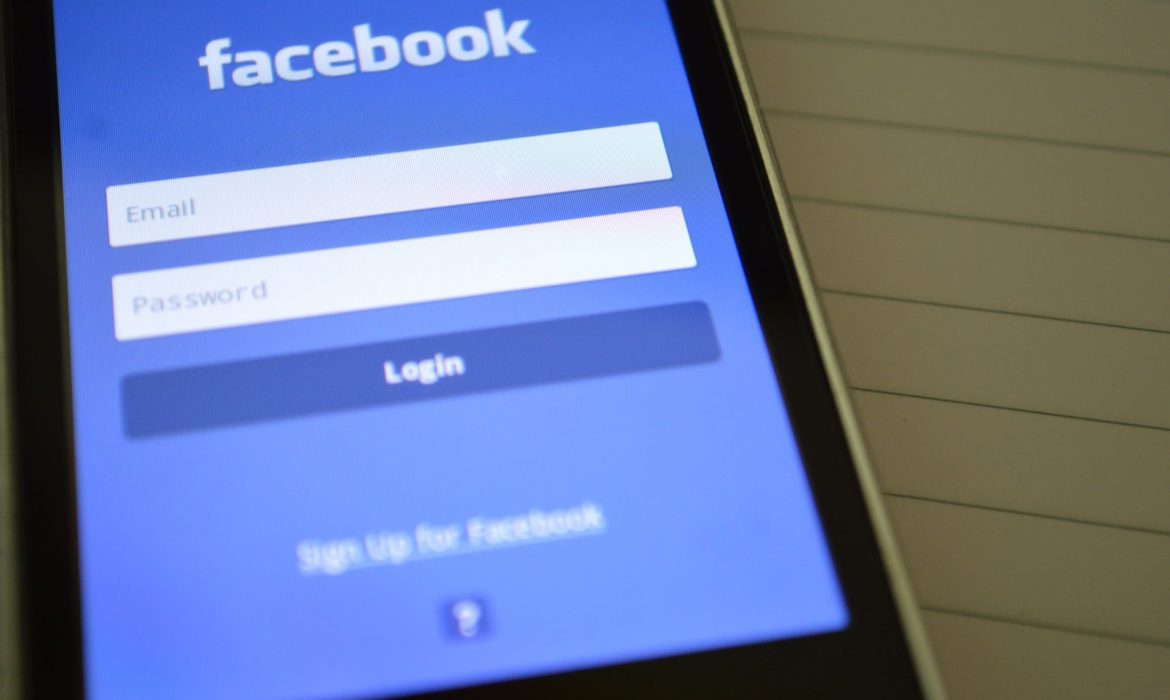Finally, Facebook is taking action and fact-checking news articles and labeling them with a disputed tag. This not only helps the consumers gain real factual information, but also the ad companies who continue to post ads on the site.
The Facebook feed is about to get fact-checked.
The social network on Thursday said it will implement new measures to combat the so-called fake news and lies spreading via its platform. Facebook has been under intense scrutiny ever since Donald Trump’s victory in the presidential election, an upset that some say was at least partly fueled by a mess of misinformation on social media services including Facebook, Reddit and Twitter.
Facebook was used for circulation by fraudulent “news” sites, whose operators posted false headlines that were shared widely, driving web traffic and generating ad dollars.
Now Facebook has a plan to cut off phony sites masquerading as news sources and to clearly label fake news. In the process, it might help restore programmatic ad revenue to legitimate publishers that have seen marketing dollars siphoned off by bogus sites.
Facebook is deputizing reputable, third-party fact-checking sites to label posts as “disputed,” a warning that will appear prominently in the Facebook feed and pop up when someone tries to share the post. The fact-check organizations include Snopes, FactCheck.org and Politifact, which are part of Poynter’s International Fact Checking Network.
“We believe providing more context can help people decide for themselves what to trust and what to share,” Adam Mosseri’s, Facebook’s VP of product for News Feed, said in a blog post on Thursday. “It will still be possible to share these stories, but you will see a warning that the story has been disputed as you share.”
The process for flagging fake news starts with Facebook’s everyday users, who will be able to report any posts they consider suspicious. Once flagged, independent fact-checkers will determine whether it deserves the “disputed” tag or not.
Facebook also is going after the money that funds the fake news. Facebook said it will shut down links to spam websites, which often use spoof domain names that sound like reputable news sources. When people click on the “spoof” domains they mistakenly go to sites that are covered in ads and fake news.
“We’ve found that a lot of fake news is financially motivated,” Mr. Mosseri said. “Spammers make money by masquerading as well-known news organizations, and posting hoaxes that get people to visit to their sites, which are often mostly ads.”
Programmatic ad technology has been blamed for helping fuel the proliferation of fake news. During the election BuzzFeed uncovered overseas schemes with people making money by hosting websites filled with outrageous stories and driving traffic to them through Facebook.
“The most important thing is to give users the information at the time they are deciding whether to click, whether to share,” said Jeff Jarvis, director of the Tow-Knight Center for Entrepreneurial Journalism at CUNY Graduate School of Journalism.
“Cutting off the ad flow is obviously important,” Mr. Jarvis added. Advertisers don’t even know where their ads are appearing, he said.
The blowback from this election cycle has forced brands in the largely automated programmatic ad ecosystem to pay closer attention to where their messages appear. Kellogg, for example, set a new policy against its ads showing up on Breitbart, a right-wing website, because it determined that the site wasn’t “aligned” with Kellogg’s “values as a company.”
Facebook did not say whether its new measures would impact a site like Breitbart. The social network is going after sites that are the worst of the worst, Mr. Jarvis said.
“The most important thing is to give users the information at the time they are deciding whether to click, whether to share,” Mr. Jarvis said.
Source: AdAge December 15, 2016




